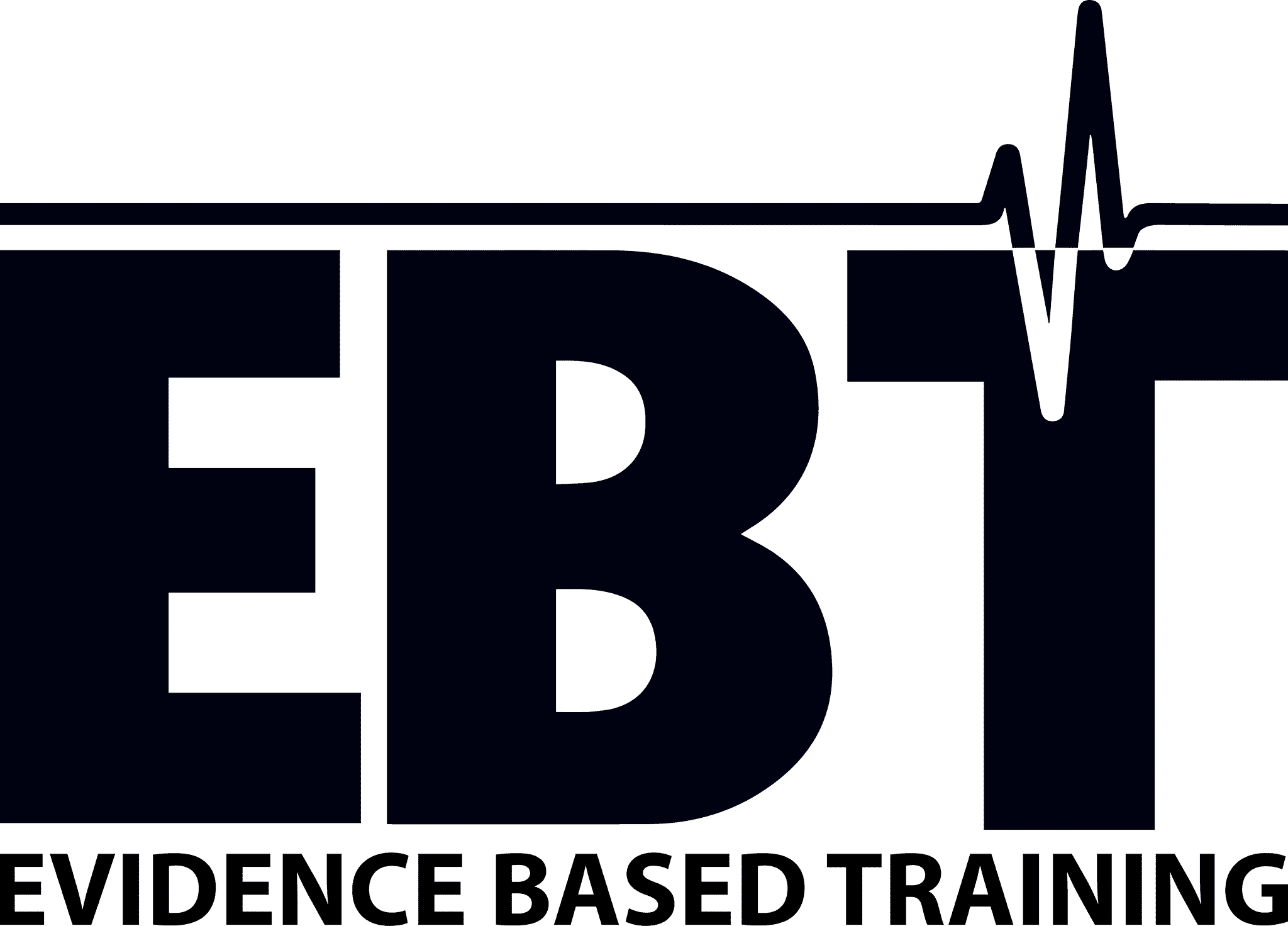Do you think yourself as a person that don’t need that much sleep and that maybe pride yourself in how well you function with a bit less sleep than the average joe?
Even if you are not, you could probably try and get some more hours in the sack. In today’s article we take a look into how sleep impacts athletic performance. Sleep, as we have previously written, is important for the immune system and a lack of it will increase the risk of getting sick. Getting sick will in turn have major downsides to hours spent in the gym and thus to your arm circumference and 1RM bench press.
Effects on the Body
Studies with total and partial (4-5h hours a night) sleep deprivation have shown that lack of sleep raises heart rate, increase oxygen uptake, negatively impacts time to exhaustion, reduces running distance and reduces speed. Studies in weightlifting report mixed results but the data seem to indicate that sleep induces feeling of fatigue and a somewhat lessened performance in the gym. Accuracy and precision seems to be significantly reduced following a short period of lessened sleep, as shown in tennis and dart players.
Based on the available evidence, sleep extension (getting in bed for at least 9-10 hours per night) seems to most directly increase performance. The optimal amount of sleep for athletes may be greater than the optimal amount of sleep for the general population.
Sleep hygiene interventions have mixed results but may improve sleep and aid in performance without requiring much time or energy, making them a safe bet. Ultimately, you can’t really hack sleep, and sleeping enough will improve performance. Make sure you have good sleeping conditions, and get yourself in bed for enough hours each night.
Effects on the Mind
Science shows that sleep loss negatively impacts both attention and executive function (planning and carrying out actions). You will probably be worse at strategic thinking and decision-making and have a problem focusing on the task at hand.
The method of “catching up” on sleep does not seem to be working, i.e. you cannot sleep less during a couple of days and then think you can just lie in bed longer the day of your task and think you can perform optimally. Your performance will be impacted negatively.
Your learning curve is going to take a hit if you are not sleeping properly. This is true both for athletic performance and for academic work. The bulk of science shoes that it is during sleep that memories form and getting enough sleep allows for faster and better performance when trying to learn a new skill.
Sleep and Health
The risk of acquiring an injury increases as you cut back on hours. This is probably due to negative impacts on reaction time, attention and higher functions. In simple terms: You get a bit clumsy and thus more prone to injury.
After a bad night’s sleep you are more likely to grab that ice-cream in the fridge and just order some food instead of follow your original plan of a taking a fruit and protein-shake and grabbing a salad in the evening. Lack of sleep changes hormones related to hunger and appetite which have been shown to alter the food choices (more carbohydrates), the size of the plates (bigger) and the metabolism of the foods that are ingested (worse).
This might in time lead to problems in weight maintenance and a worsening in body composition. Data from observational studies shows that a higher BMI is strongly associated with short sleep durations, i.e. fewer hours in bed adds more kilos to your abdomen.
How to Improve Sleep Quality
To improve your sleep quality, focus on keeping a consistent sleep/wake cycle and proper sleep hygiene. To really reap the benefits of sleep for athletic performance, aim to spend at least 9-10 hours per night in bed. If you’re training hard but still having trouble sleeping, it’s worth dialing back your training and eating more for a couple of weeks, since poor sleep in spite of intense training is a leading indicator of overtraining.
Take home message: Sleep more, feel better, gain more!
Article by team EBT member Jonas Liefke, 4th year Medical Student, BSc Physiotherapy & from MASS – Monthly Applications in Strength Sport. The best tool to stay updated on the latest fitness science and how to use it. To learn more about MASS and subscribe to their superior magazine, click here!
Source:









